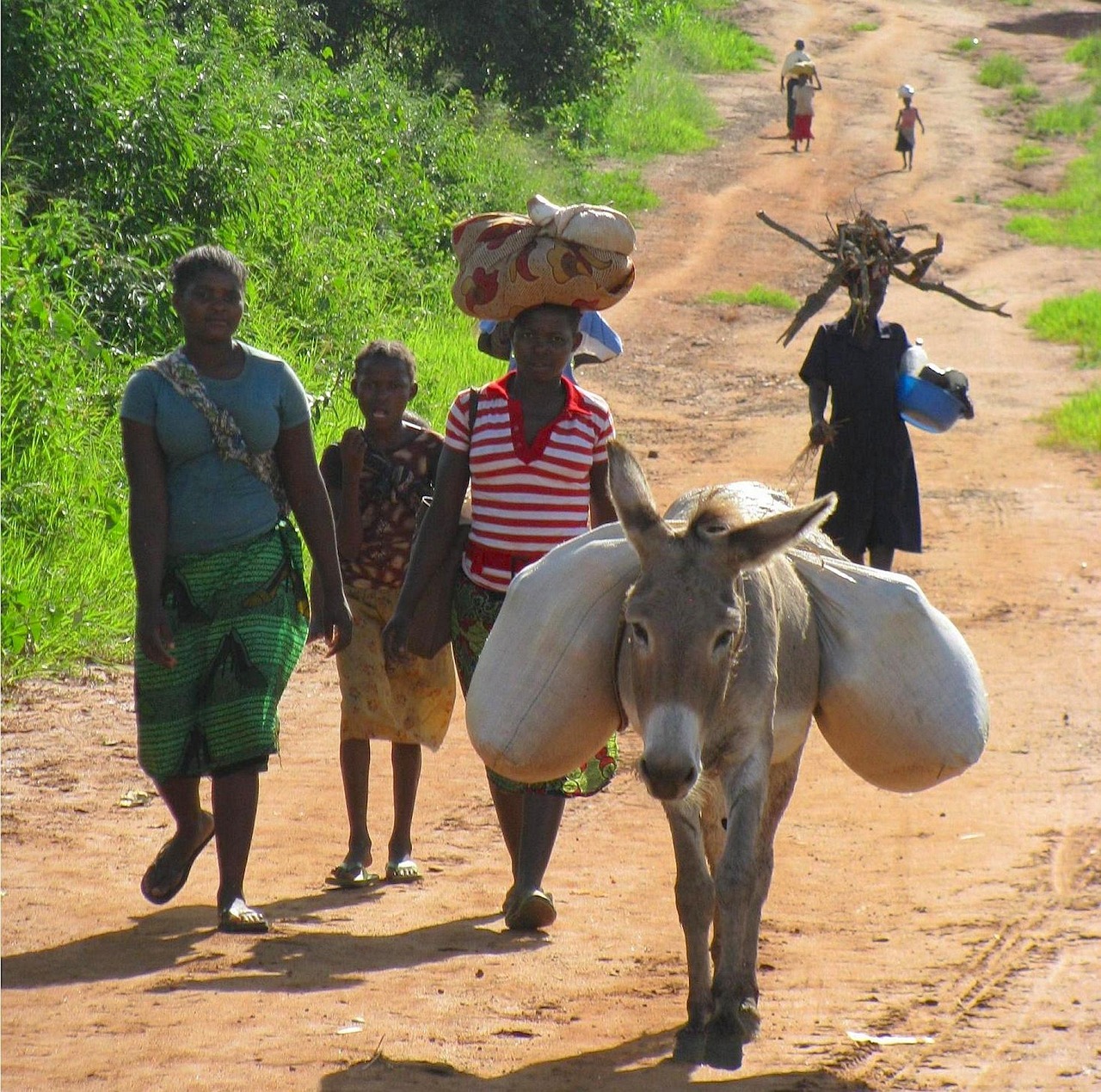Menstruation and Misery in Africa’s Mozambique
 Mozambique, located in South East Africa with a population of 30 million people, has seen progress in reducing poverty. The poverty rate fell from 70% in 1996-1997 to 46.1% in 2014-2015. However, the rapid population growth has counteracted this improvement, leaving the absolute number of people in poverty relatively unchanged.
Mozambique, located in South East Africa with a population of 30 million people, has seen progress in reducing poverty. The poverty rate fell from 70% in 1996-1997 to 46.1% in 2014-2015. However, the rapid population growth has counteracted this improvement, leaving the absolute number of people in poverty relatively unchanged.
Notably, poverty has a more significant impact on women in Mozambique compared to men. Women face distinct challenges, with one of the most pressing issues being the management of menstruation due to their limited incomes.
The international poverty line is set at $2.15 per person per day, implying that a large part of the world is unable to fulfill basic needs related to nutritional and health security. Many women in developing countries find it exceedingly difficult to allocate their income to period management in the face of dietary and familial needs. In such a situation, the health and well-being of countless women are jeopardized due to an inability to access underwear, sanitary pads and soap. Menstruation in Mozambique continues to remain a severe challenge for poor women and young girls.
Need for Improvement
According to a 2021 research paper, less than 20% of schools across Africa (including Mozambique) provide basic services such as sex-separate facilities, water supply, doors with a lock and waste disposal bins, indicating the severe need for improvement.
The COVID-19 pandemic further exacerbated the problems associated with menstruation in Mozambique. Because of falling income and output, many women could no longer practice safe and hygienic menstrual management. The government supplied “dignity kits” in response to the problem. Such kits include washable menstruation pads, underwear, whistles and lights that help women suffering from period poverty.
“Fátima Hassan, a 16-year-old teenager, fled…to Pemba City with her mother to escape from violent attacks. Now living in a safe place, she was one of 300 women and girls who took part in a COVID-19 prevention and control session and received a female ‘dignity kit,’” UNFPA reports.
Between April 2019 and May 2020, the government of Mozambique and UNFPA distributed more than 16,500 dignity kits. Recent data from refugee camps in several low-income countries show a more satisfactory level in terms of performance. Most women reported being satisfied with the menstrual services and physical facilities in Mozambique and Iraq. At the same time, less than half of the females in refugee camps in Cameroon, Malawi and South Sudan could say the same.
However, the divides between women and men still loom large in the nation’s fight against poverty.
For example, The National District Development Fund in Niassa was an important source for financing and investment in rural projects and initiatives. In allocating the funds, the project prioritized “agriculture rather than businesses, women rather than men and associations rather than individuals.” However, with time authorities were directing the scheme toward men and businesses, losing the rural and female-oriented focus.
Helvetas Mozambique
Helvetas Mozambique has been operating in Mozambique since 1979. Its focus has been on the northern region with a special focus on rural issues. The organization’s work includes building wells and increasing access to potable clean water for the local communities as well as improving agricultural efficiency and output.
The IDP Wash Project began through the efforts of Helvetas Mozambique. With support from UNICEF, the IDP Wash project spans across 11 communities in Cabo Delgado’s Ancuabe district, focusing on enhancing access to safe water, and sanitation and promoting hygiene in the well-being of the population.
In late 2021, the Marrupa host community witnessed the establishment of its first-ever water infrastructure—a concrete tower housing a 10,000-liter tank, powered by solar panels. This significant development, benefiting more than two thousand families, marks a collaborative effort toward sustainability, with the community pledging to maintain the system through contributions determined in upcoming Water Supply Committee meetings.
Looking Ahead
Menstruation in Mozambique is still a taboo subject. Continuing government efforts to provide dignity kits alongside more awareness could reduce the stigma surrounding menstruation in the country.
– Udyan Negi
Photo: Pixabay
